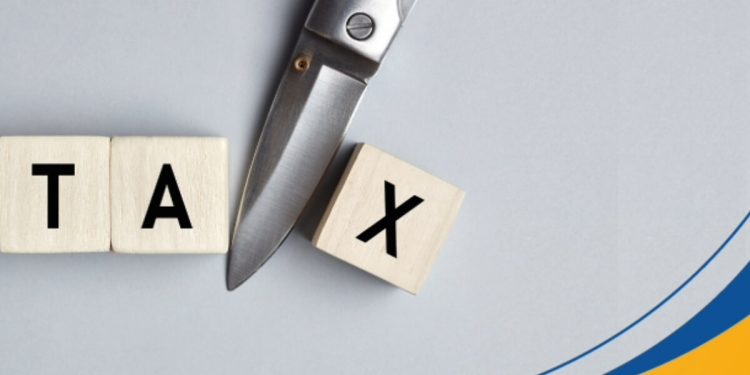Everything You Need to Know about Tax Saving Deposit
Navigating the world of investments can be daunting, especially when looking for options that offer tax benefits. Enter the tax saving fixed deposit (FD): a term deposit in your bank account that not only promises risk-free returns but also comes packed with a host of advantages.
Governed by the Income Tax Act of 1961, this special FD allows account holders, including older citizens, to enjoy a tax deduction under section 80C.
By choosing to open a tax saving FD, you commit your lump sum for a lock-in period, typically without the option of premature withdrawal. But here’s the silver lining – in return for this commitment, banks often offer higher interest rates compared to regular FDs.
Additionally, the rate of interest can be especially attractive for older citizens. As we dive into the financial year, it’s prudent to understand every nuance of tax saving FDs, from the benefits under Section 80C of the income to the intricacies of term deposits.
So, let’s unravel the world of tax saving fixed deposit FDs and how they can bolster your financial portfolio.
Tax Saving Deposit Explained
In the financial world, a fixed deposit (FD) remains a favoured investment option for many. But did you know there’s a special type of FD known as the tax saving deposit? Here’s a comprehensive guide to understanding everything about it.
What is a Tax Saving Deposit?
A tax saving deposit, often referred to as the tax saving fixed deposit or tax saver FD, is a type of fixed deposit where the principal amount is eligible for income tax deduction. This means that when you invest in such deposits, you can claim a deduction under the prescribed section of the Income Tax Act.
Tax Saving FDs Across Banks
Different banks offer tax-saving fixed deposits, including popular names like SBI (tax-saving fixed deposit SBI) and HDFC (tax saving fixed deposit HDFC). It’s essential to compare the fixed deposit interest rates in banks to determine which one offers the best return for your investment.
Understanding the Lock-in Period
One of the primary characteristics of the tax-saving FD is its lock-in period. Specifically, a 5-year tax saving deposit is the standard duration. This means that once you invest your money, you cannot withdraw it for five years.
Interest Earned and its Taxation
While the principal amount is tax deductible, the interest earned on these deposits is taxable. However, for specific individuals like housewives, the income tax on fixed deposits might differ. It’s always best to consult a financial expert to understand your tax liabilities better.
Benefits of Fixed Deposits
Fixed deposits, especially the tax saving variety, come with multiple benefits:
Guaranteed Returns: Unlike market-linked investments, FDs offer assured returns.
Safety: They are considered low-risk compared to other investment options like stocks.
Tax Benefits: As mentioned, the principal amount invested in a tax saver FD is eligible for an income tax deduction.
Comparing with Other Investment Plans
While tax saving FDs are great, they aren’t the only tax-saving instruments in the market. For instance, ELSS tax-saving mutual funds are market-linked investments that also offer tax benefits. Depending on your appetite for risk and financial goals, you might opt for one over the other.
Tax Saver FD Calculator
To help investors ascertain potential earnings, many banks and financial institutions provide a tax saver fd calculator. This tool assists in calculating not only the maturity amount but also the interest you’d earn over the tenure.
Tax Saving Deposit – who should consider it
Anyone looking for a safe investment avenue with the added advantage of tax benefits can consider the tax saving FD. It’s particularly beneficial for those in higher tax brackets and those who don’t want to expose their capital to market risks.
In conclusion, while the allure of best investment plans might take you in various directions, understanding foundational products like the tax saving deposit is essential. Whether you’re just starting out or you are a seasoned investor, the tax-saving FD offers a mix of safety, returns, and tax benefits that are hard to ignore. So, the next time you’re considering where to invest, remember to weigh in the multiple advantages of this time-tested financial instrument.
In Conclusion
Tax saving fixed deposits provide a combination of assured returns and tax incentives under Section 80C of the Income Tax Act of 1961.
They’re particularly beneficial for account holders, including older citizens, due to the higher interest rates they offer.
The mandated lock-in period promotes consistent investment, though early withdrawal options may be limited. Throughout the financial year, it’s crucial to consider these solid investment choices. By smartly investing in tax saving FDs, one can ensure financial security and optimize their savings.
The post Everything you need to know about Tax saving deposit appeared first on FinanceBrokerage.






